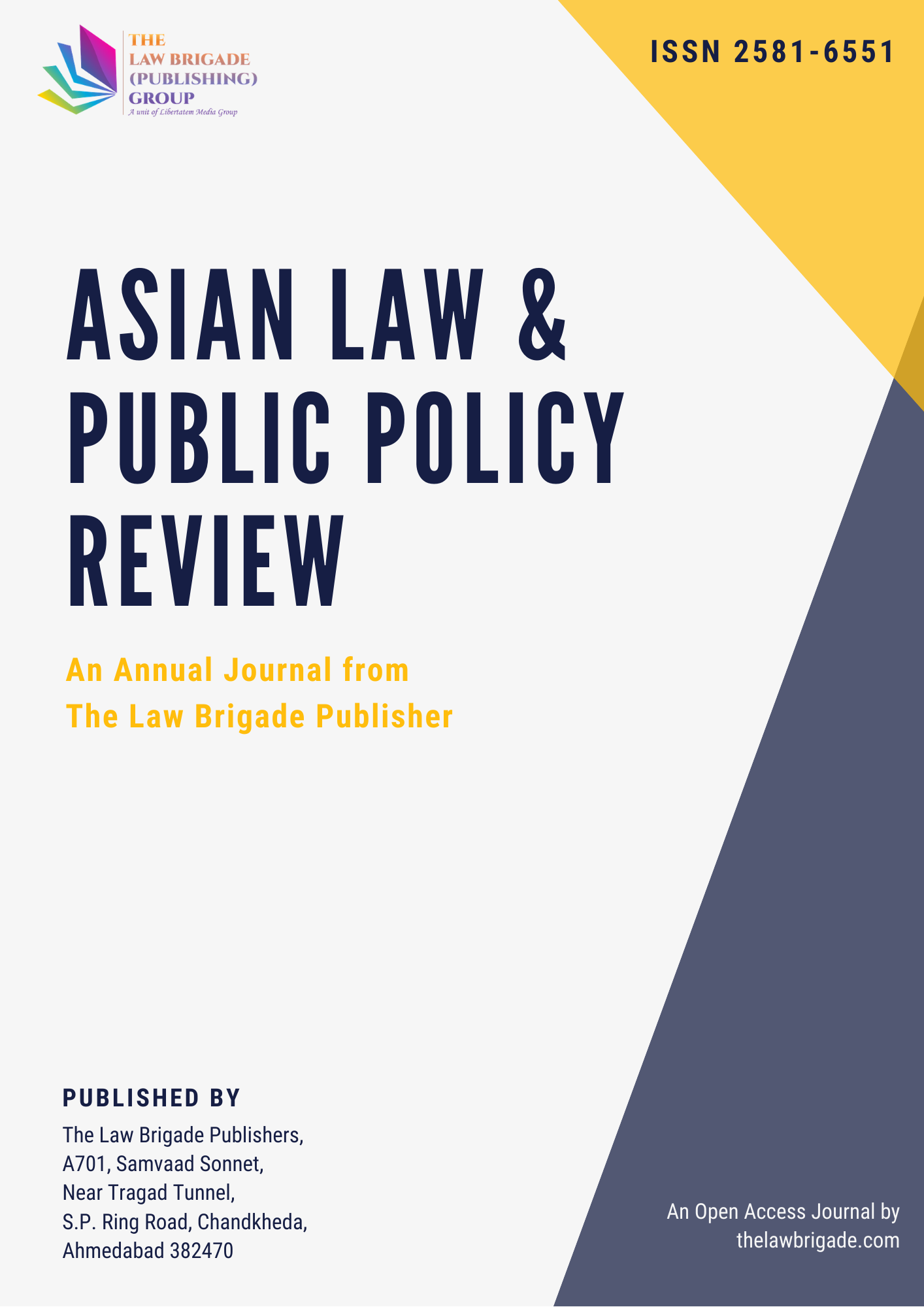The People’s Republic of China utilizes the regulation of both it’s inward and outward foreign investment policy as it’s means of geo-political expansion. Outward Chinese Foreign Direct Investment, quite often implies the investment of capital by Chinese instruments of state (either directly or through the exercise of vicarious control), into private and public foreign enterprises, definitive of critical infrastructure for the recipient state (i.e., the ‘Compana General De Electricidad’ of Chile, being the Chilean electricity grid, acquired by China State Grid). The Chinese state finances such geo-political expansion, also through the practice of inward FDI policy regulation (incentivizing domestic manufacturing by foreign and local enterprises, contingent upon export assurance), with the advancement of neo-mercantilism and state control- generating a balance of payments surplus (available to the discretionary use of the state).China has been, and will therefore be, well positioned to capitalize upon the widespread ‘value-investment opportunity’ arising from the market value depreciation of enterprises, devoid of intrinsic value fluctuation, in the light of global recessionary pressure (as exemplified by Chinese investment during COVID-19).
India on the contrary has experienced the augmentation of disparity between outward and inward foreign direct investment, with the former, exceeding the latter by 6.3 times as of 2022, according to the reserve bank of India. As there is a clear demarcation between private and instrument of state derived outward foreign investment, in the context of India, due to democratic impetus (translating to codification), restraining significant vicarious state control of the private sector; India’s prospective capitalization of the recession-induced ‘value investment opportunity’, may not imply concurrent geo-political expansion.
India’s capitalization potential, is therefore at a relatively nascent stage, in comparison to China, however the objective of this essay is to highlight how the strategic regulation of India’s outward FDI policy, entailing outward FDI augmentation and imposition of the contingent requisite of national interest alignment/adherence, in conjunction with India’s inward FDI policy, fostering a model emblematic of neo-mercantilism with export incentivization/assurance-imposition, may catalyse India’s attainment of geo-political prominence.





